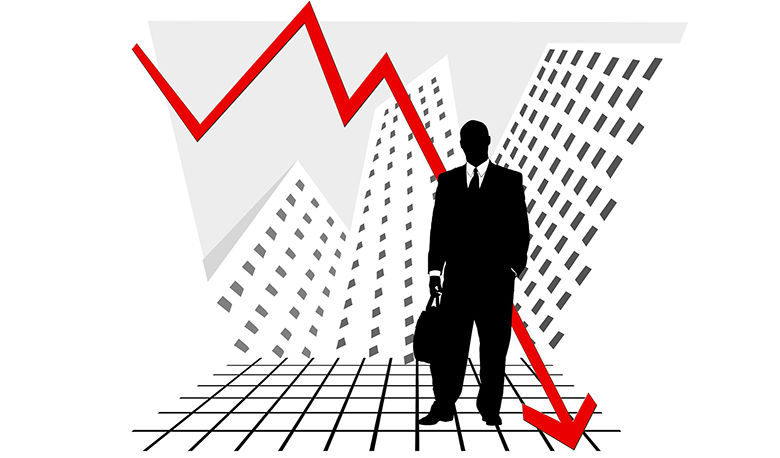Ouch. There will be those who are gleefully watching as Goldman Sachs’ stock gets pummelled on the back of the firm’s 1MDB woes. There will be others looking on more nervously, hardly daring to whisper “there but for the grace of God go we”.
Rarely has Goldman taken a beating as quickly as it has in the past couple of weeks.
On November 8, the stock closed at $231.65. The next day saw the unsealing of a court filing that unleashed more details of the guilty plea of former Goldman banker Tim Leissner, who admitted in August that he had conspired with others to conceal facts related to the bank’s work for 1MDB from Goldman’s compliance and legal departments.
By the close on November 12, just two trading sessions later, it was down 11%. Since then the rot has continued: at the time of writing on Wednesday, it was 17% below that November 8 close.
It is now the worst-performing stock in the Dow Jones this year, down about 25%.
Significance
But the significance of the current level goes beyond the absolute price. Goldman shares might be sagging right now, but they are still trading above where they have for most of their history. The current price matters because it is now below book value.
That doesn’t happen often, although the last two times when it has happened – the financial crisis of 2008 and then the market turmoil of 2011 – were followed by strong recoveries.
Right now, the news just keeps getting worse.
Abu Dhabi’s International Petroleum Investment Company filed a lawsuit against Goldman on Wednesday. Just before that, Morgan Stanley analyst Betsy Graseck had downgraded the stock, citing the uncertainty over what costs the firm might incur.
“There is a wide range of outcomes on what the fines and penalties could be for Goldman Sachs,” wrote Graseck.
But as investment adviser Chad Brand wrote on Wednesday in a note for Seeking Alpha, Goldman’s shares appear to be pricing in an awful lot more bad news – even though the firm’s shareholder equity could withstand even a big hit without much trouble.
‘Absurd’
With Goldman having posted a return on equity of 13.7% for the first nine months of 2018, Brand notes that it is now trading at an implied price earnings multiple of just over seven-times, which effectively suggests that the firm will not be able to grow its book value in the future.
He finds this unlikely.
“The notion that GS will not be massively profitable over the long term, or that they will misallocate those profits so badly that their track record of book-value-per-share growth will suddenly be halted permanently, is downright absurd,” he added.
And lingering doubters should note a (fairly) recent comparison that Brand highlights. In 2012, when the London Whale scandal was in the news, JPMorgan’s stock dropped below $32. It’s now just below $60.


 Signal2forex.com - Best Forex robots and signals
Signal2forex.com - Best Forex robots and signals




